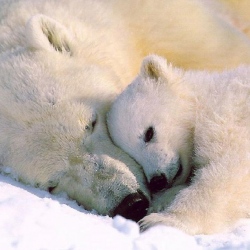
“Fresh” rock; nature’s atmospheric carbon dioxide regulator, explains why the Earth has become neither sweltering like Venus nor frigid like Mars. So say researchers from USC and Nanjing University in China.
Scientists have long known that “fresh” rock pushed to the surface via mountain formation effectively acts as a kind of sponge, soaking up the greenhouse gas CO2.
Left unchecked, however, that process would deplete atmospheric CO2 levels to a point that would plunge the Earth into an eternal winter within a few million years during the formation of large mountain ranges like the Himalayas, which has clearly not happened.
That’s because fresh rock exposed by uplift also emits carbon through a chemical weathering process, which replenishes the atmospheric carbon dioxide at a comparable rate, keeping things balanced for millions of years.
“Our presence on Earth is dependent upon this carbon cycle. This is why life is able to survive,” said Mark Torres, USC doctoral fellow at the Center for Dark Energy Biosphere Investigations (C-DEBI).
Torres and USC professor of Earth sciences Joshua West studied rocks taken from the Andes mountain range in Peru and found that weathering processes affecting rocks in the Andes unearths abundant pyrite, and its chemical breakdown produces acids that release CO2 from other minerals.
